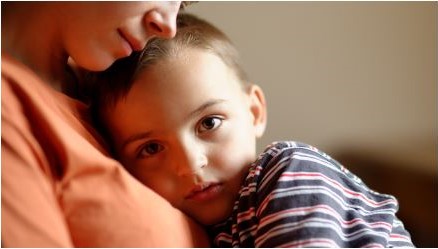
Recognizing and Addressing Childhood Depression and Anxiety
As a parent, it is crucial to be vigilant about your child’s mental well-being, as depression can also affect young minds. Understanding the signs and symptoms of childhood depression and anxiety is essential for timely intervention and support. Several factors can contribute to these conditions, including alcohol or drug use, family problems, a family history of depression, physical illness, and stressful life events.
Recognizing the Signs: Parents should be attentive to the following signs that might indicate depression in their children:
- Behavioral issues at school
- Changes in eating or sleeping patterns
- Persistent feelings of sadness or hopelessness
- Loss of interest in previously enjoyable activities
- Low energy levels or constant fatigue
- Mood fluctuations, including increased irritability
Childhood depression is a complex condition, influenced by various elements. According to the Centers for Disease Control and Prevention (CDC), approximately 3.2% of children aged 3 to 17 have been diagnosed with depression.
Supporting Your Child: When it comes to helping your child through these challenging times, consider the following strategies:
- Monitor Your Child’s Moods: Stay attuned to your child’s emotional state and behavior, noting any significant changes.
- Provide Reassurance: Offer a supportive and understanding environment to reassure your child that they are not alone.
- Encourage Communication: Encourage your child to express their feelings and concerns openly.
- Teach Seeking Help: Make sure your child knows it’s okay to seek help from you or other trusted adults when they are struggling.
- Acknowledge Feelings: Never belittle or dismiss your child’s emotions. Validate their feelings and emotions.
- Lead by Example: Be mindful of your behavior and emotional expressions, as children often emulate their parents’ coping mechanisms.
Diagnosis and Professional Help: If you suspect your child may be experiencing depression or anxiety, seek guidance from a healthcare provider, starting with your child’s pediatrician. They may refer you to a mental health professional for a comprehensive evaluation.
The diagnostic process typically involves ruling out other medical conditions that might manifest as mood issues. These conditions may include anemia, concussion, diabetes, epilepsy, hypothyroidism or hyperthyroidism, mononucleosis, and vitamin D deficiency.
Remember, early detection and support can significantly improve a child’s mental health outcomes, fostering a happier and healthier future.
